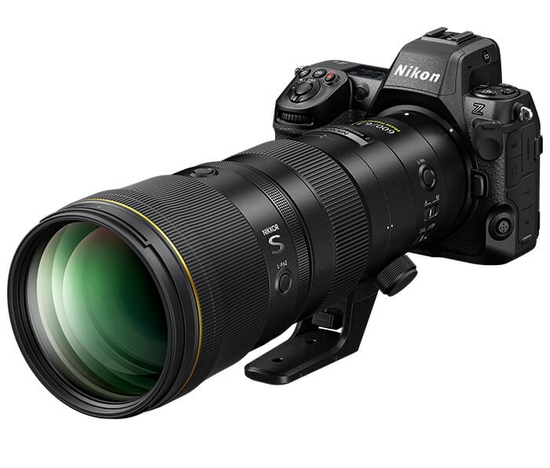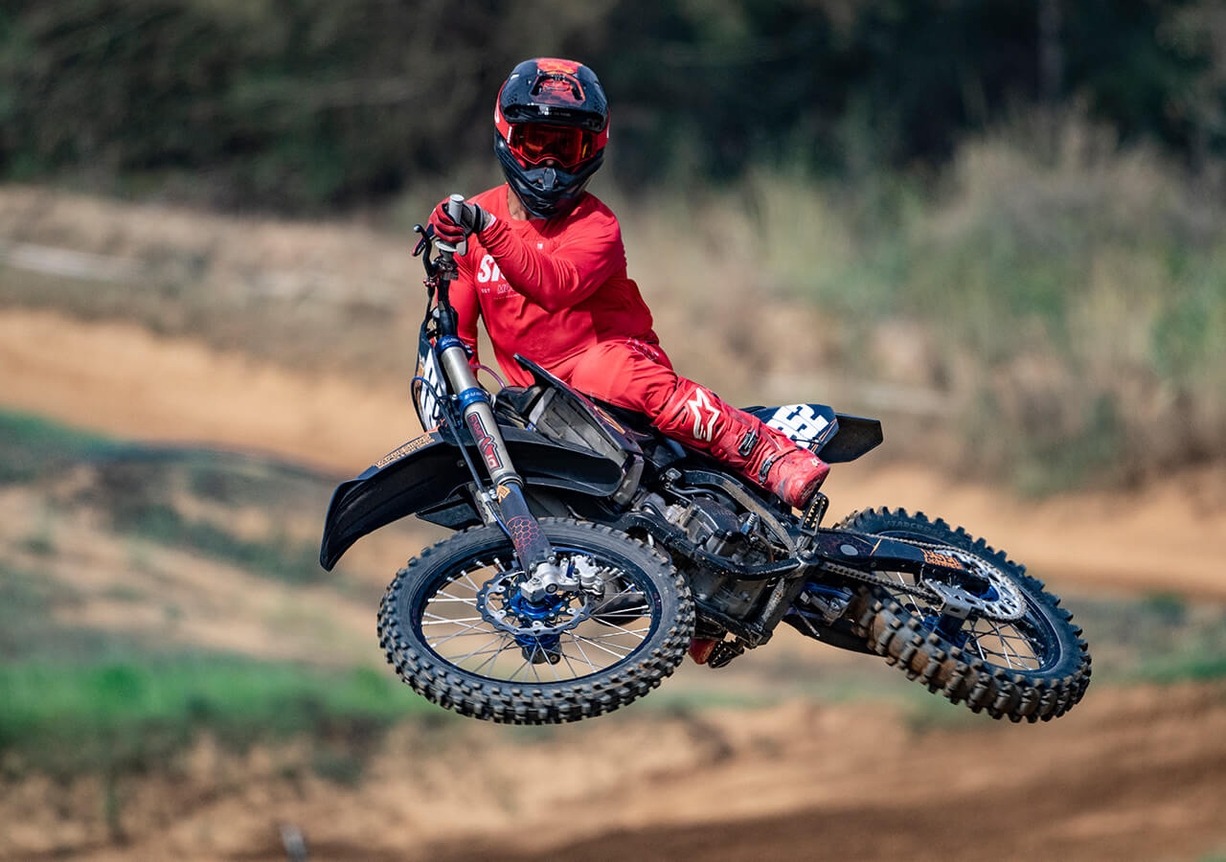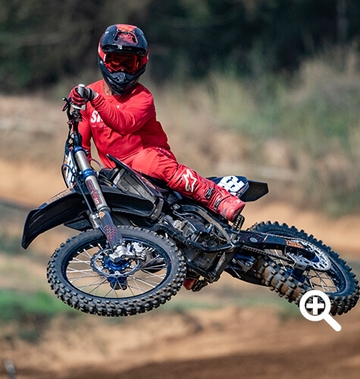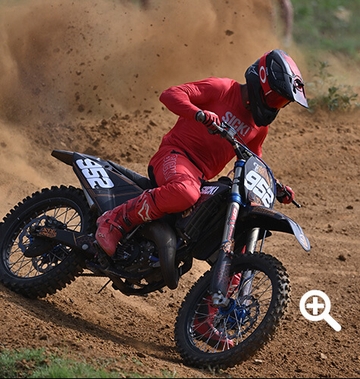Tamaño minimizado.
Alcance maximizado.

- Línea SÓptica de primera calidad
- 600 mmLente fijosupertelefoto
- 1390gLiviano1
- PFElemento PhaseFresnel
- VREstabilización de imagen(6.0 pasos)2
- Z MountFormato de cuadrocompleto/FX
Galería
Solo 11 pulgadas de largo y 3 libras.
El NIKKOR Z 600 mm f/6.3 VR S se adapta cómodamente a la mayoría de las mochilas y equipaje de mano, y es lo suficientemente liviano para usarlo para fotografiar todo el día con menos fatiga.
Hasta 6.0 pasos de VR.
Rendimiento de video versátil.
Nada lo detiene.
Funcionalidad y diseño.

2 La VR óptica integrada logra un efecto de disparo hasta 6.0 pasos* más rápido en una cámara que admite Synchro VR y 5.5 pasos* más rápido en todas las demás cámaras de la serie Z.
*Basado en la norma CIPA, en modo NORMAL. Este valor se logra cuando se conecta a una cámara sin espejo equipada con un sensor de imagen de tamaño film de 35 mm.
Technology

ED (Extra-Low Dispersion) Glass
An optical glass developed by Nikon that is used with normal optical glass in telephoto lenses to obtain optimum correction of chromatic aberrations.

Short-Wavelength Refractive Lens
SR is a high- and specialized-dispersion glass lens that refracts light with wavelengths shorter than that of blue. By controlling short-wavelength light, the lens is able to achieve highly precise chromatic aberration compensation so that the colors in your images are more accurately reproduced. It also allows for more flexible optical designs, which allows for compact, lighter lenses to be designed.

Phase Fresnel
Phase Fresnel (PF) lens elements effectively compensate for chromatic aberration and ghosting when combined with ordinary glass lens elements. The PF lens element is based upon the Phase Fresnel lens, which appears to have a series of concentric circles engraved onto it. Utilizing a Phase Fresnel lens element allows Nikon engineers to use fewer lens elements, resulting in a more compact and lightweight lens. Due to the characteristics of a PF (Phase Fresnel) lens that utilizes the photo diffraction phenomenon, when there is a strong light source within the frame or when light enters the lens from outside of the frame, ring-shaped colored flare may occur according to shooting conditions. This phenomenon can be minimized with “PF Flare Control” to be included in Capture NX-D (ver.1.1.0 or later). For more information, see software Help/manual. Capture NX-D is available from the Nikon website. Be sure to keep your software up to date.

A/M
A/M stands for Auto-Priority Manual Mode. This mode also enables an easy transition from autofocus to manual during AF operation. However, mode switch sensitivity has been altered to reduce the possibility of sudden unintentional switching to manual focus while shooting.

Nano Crystal Coat
An anti-reflective coating developed by Nikon that virtually eliminates internal lens element reflections across a wide range of wavelengths. Nano Crystal Coat solves ghost effects caused by red light and effectively reduces ghost and flare caused by light entering the lens diagonally.

Fluorine Coat
Photographers need gear that can withstand the elements. Nikon’s fluorine coat effectively repels dust, water droplets, grease or dirt, ensuring easy removal even when they adhere to the lens surface. Nikon’s fluorine coat endures a high frequency of lens surface wiping and its anti-reflective effect also contributes to the capture of clear images.

Vibration Reduction
A Nikon in-lens technology that improves image stability by automatically compensating for camera shake. Lenses that offer VR will feature the abbreviation VR on the lens barrel.

Electromagnetic Diaphragm Mechanism
An electromagnetic diaphragm mechanism in the lens barrel provides highly accurate electronic diaphragm or aperture blade control when using auto exposure during continuous shooting.

Stepping Motor
NIKKOR Z lenses use a stepping motor for fast, accurate, smooth, quiet autofocus with reduced wobbling. This quiet drive system makes the lenses ideal for use when shooting video.

IF Lens
A NIKKOR lens in which only the internal lens group shifts during focusing. Thus, IF NIKKORS do not change in size during AF operation, allowing for compact, lightweight lenses capable of closer focusing distances. These lenses will be designated with the abbreviation IF on the lens barrel.
Las imágenes de la pantalla LCD y las Muestras de Video y Fotografía son sólo para efectos demostrativos.
Especificaciones Técnicas
Longitud Focal
600mmApertura Máxima
f/6.3Formato
FXEstabilización de Imagen VR (Reducción de Vibración)
SiDimensiones Aprox. (Diámetro x Largo)
4.2 in.106.5 mmx11 in.278 mmPeso Aprox.
1470 g
- Tipo de MonturaMontura Nikon Z
- Longitud Focal600mm
- Apertura Máximaf/6.3
- Apertura Mínimaf/32
- FormatoFX
- Ángulo Máximo de Visión (formato DX)2°40'
- Ángulo Máximo de Visión (formato FX)4°10’
- Relación de Reproducción Máxima0.15x
- Elementos de la Lente21
- Grupos de la Lente14
- Formato(s) Compatible(s)FX, DX
- Estabilización de Imagen VR (Reducción de Vibración)Si
- Láminas del Diafragma9
- Elementos de Vidrio ED2
- Fresnel de FaseSi
- Recubrimiento de FluorinaSi
- Enfoque AutomáticoSi
- Enfoque InternoSi
- Distancia Mínima de Enfoque4 m (13.13 pies) desde el plano focal
- Modo de EnfoqueAutomático/Manual
- Tipo ESi
- Tamaño del Filtro95mm
- Tipo de Filtro AceptadoDe rosca
- Dimensiones Aprox. (Diámetro x Largo)4.2 in.106.5 mmx11 in.278 mm
- Peso Aprox.1470 g
- Tipo de LentePrime
Soporte
Registro de Producto
Registrando su producto Nikon nos permite enviar (con su permiso) actualizaciones importantes, información de servicio y consejos útiles. También lo hace más fácil si alguna vez nos tiene que llamar para recibir ayuda.
Registre su producto en línea ahora.Soporte del Producto
Guardamos todos los problemas solucionados en nuestra base de datos. Si no puede encontrar una respuesta apropiada, no dude en presentar una pregunta a nuestro equipo de soporte técnico.
Ver Preguntas y Respuestas




















